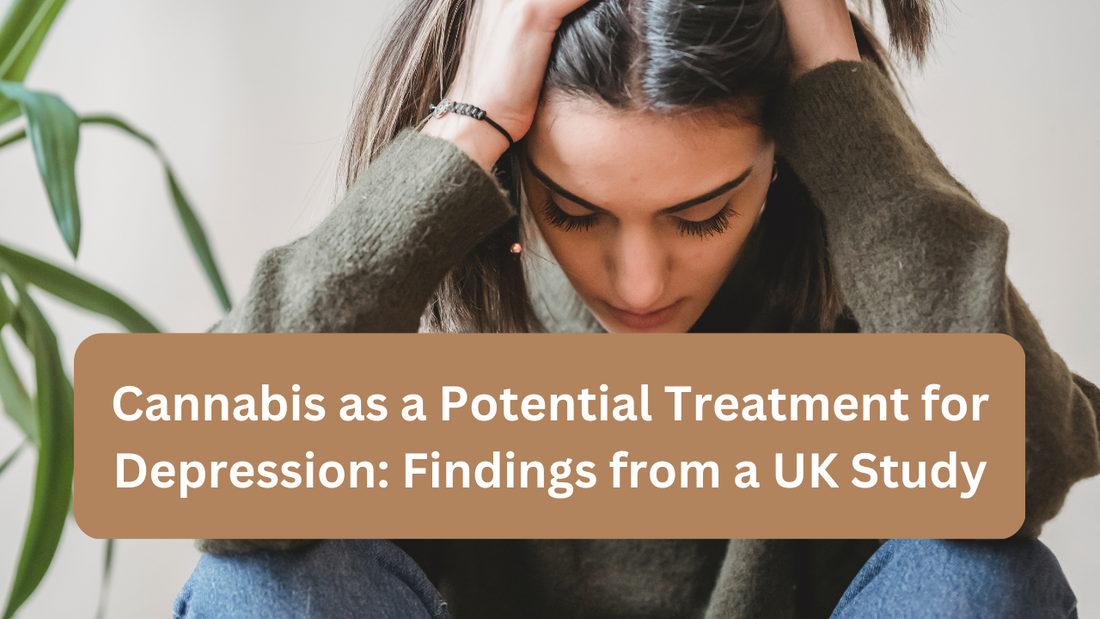Depression and cannabis
Depression is a common mental health condition that can greatly impact an individual's quality of life. While antidepressant medications are a common treatment option, they can come with adverse effects and may not work for everyone. As a result, researchers have been exploring alternative treatment options, including the use of cannabis-based medicinal products (CBMPs) for depression.
CBMPs contain compounds found in cannabis, such as THC and CBD, which interact with the endocannabinoid system in the body. While preclinical studies have shown promise for the use of CBMPs in treating depression, there is a lack of high-quality evidence on their effectiveness in humans. Observational studies on CBMPs for depression have yielded mixed results, with some showing improvement in symptoms and others showing worsening of symptoms.
New UK study on cannabis and depression
To address this gap in knowledge, a study was conducted on patients prescribed CBMPs for the treatment of depression in the UK. The study included patients with a primary diagnosis of depression who had been prescribed CBMPs for at least one month. Patients completed questionnaires on patient-reported outcome measures at baseline, one month, three months, and six months. The questionnaires included measures of depression, anxiety, sleep quality, and health-related quality of life.
The results of the study showed that CBMPs were associated with significant improvements in patient-reported outcome measures for depression, anxiety, and sleep quality. There was also a trend towards improved health-related quality of life, although this did not reach statistical significance. Adverse events were reported by a minority of patients and were generally mild in severity.
These findings suggest that CBMPs may be a promising treatment option for depression, although larger, controlled studies are needed to confirm these results. The study's uncontrolled design and reliance on self-reported data are limitations that should be considered when interpreting the results. Additionally, the specific formulation, dose, and ratio of THC to CBD used in the CBMPs may have contributed to the observed effects, and further research is needed to determine the optimal combination for treating depression.
Conclusion
Overall, this study adds to the growing body of evidence on the potential benefits of CBMPs for depression. While more research is needed to fully understand their effectiveness and optimal use, these results suggest that CBMPs may be a valuable treatment option for individuals with depression who have not responded well to other treatments.
Study

